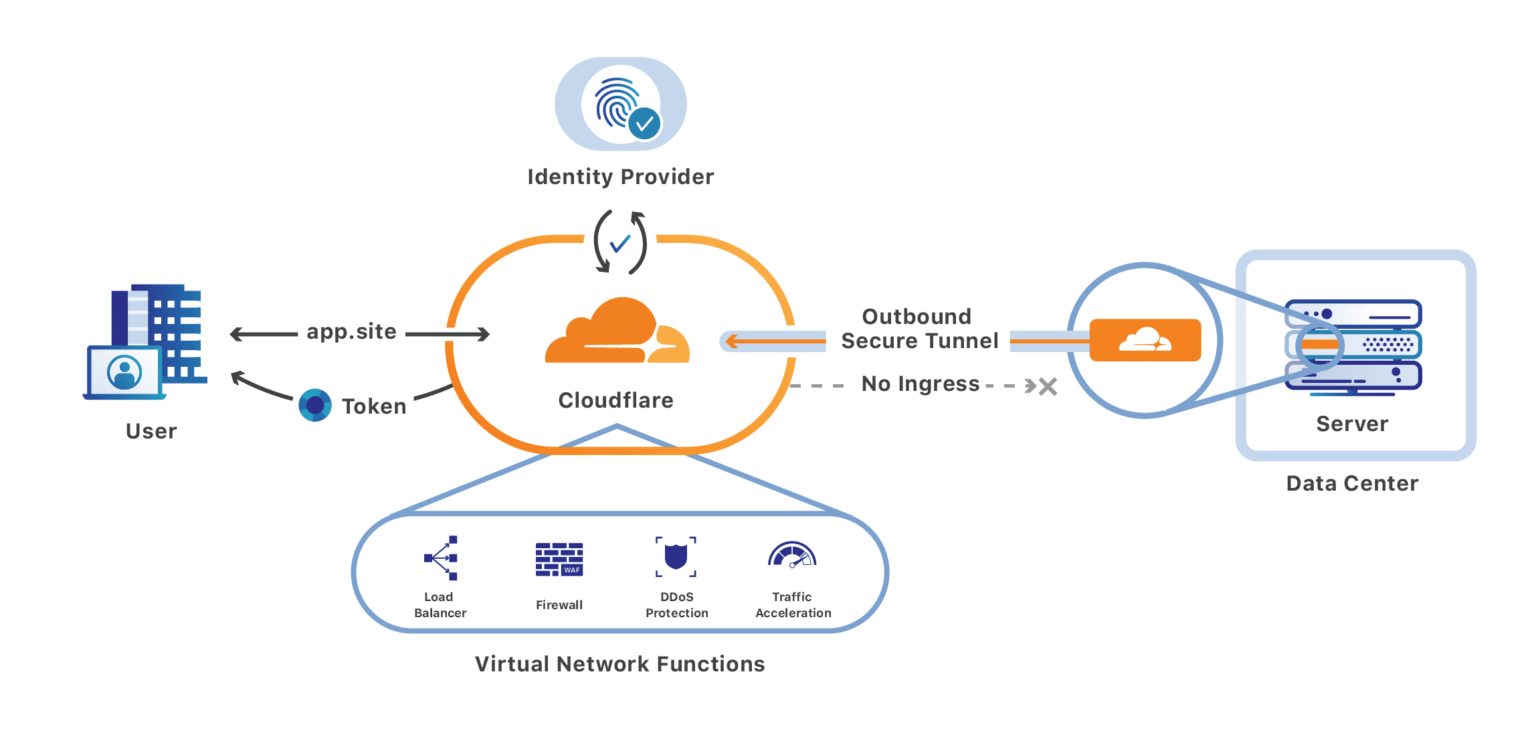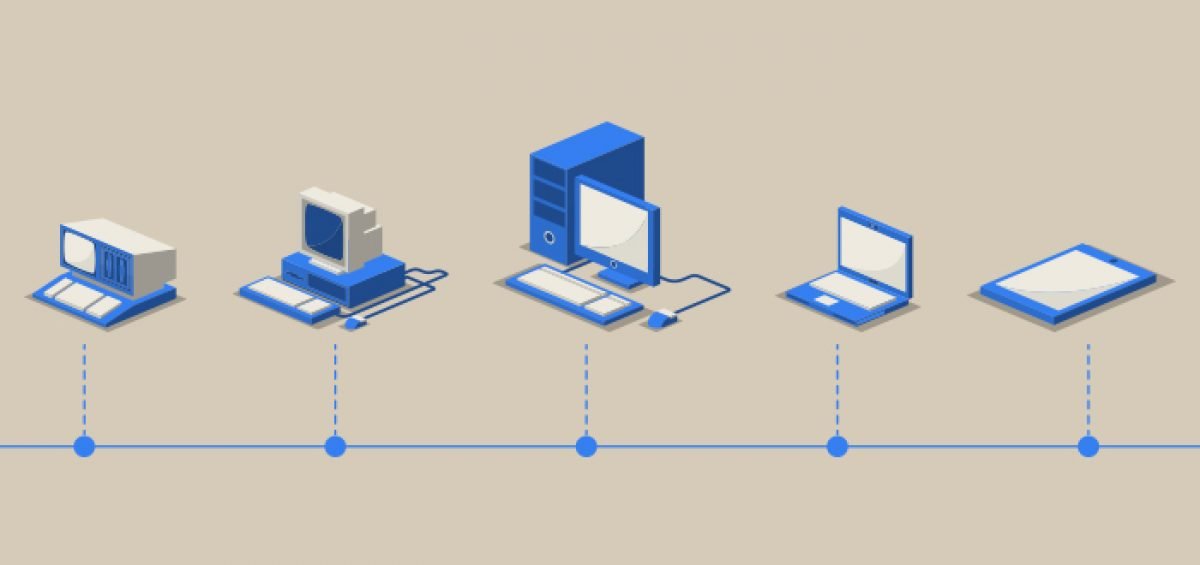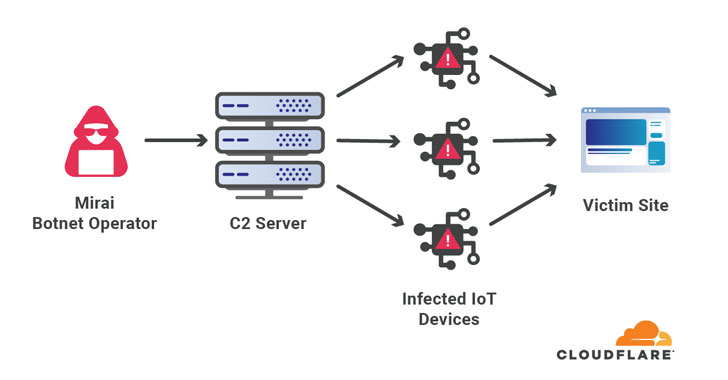Cloudflare, a global cloud services provider, has played a significant role in the evolution of internet protocols. The company’s content delivery network (CDN) and other services have helped to improve the speed, security, and reliability of the internet.

CDN

A CDN is a network of servers that store cached copies of web content. When a user requests a web page or other content from a CDN-enabled website, the content is served from the nearest CDN server, rather than from the website’s own server. This can significantly improve the speed at which the content is delivered to the user.

SSL/TLS encryption
SSL/TLS encryption is a security protocol that helps to protect the confidentiality and integrity of data that is transmitted over the internet. Cloudflare offers SSL/TLS encryption for free to all of its customers, which helps to protect their websites from hackers and other threats.
HTTP/2 and HTTP/3
HTTP/2 and HTTP/3 are newer versions of the HTTP protocol that have been designed to improve the speed and efficiency of the internet. Cloudflare supports both HTTP/2 and HTTP/3, which helps to ensure that its customers’ websites are able to take advantage of the benefits of these new protocols.
DNSSEC
DNSSEC is a security protocol that helps to protect the Domain Name System (DNS) from spoofing and other attacks. Cloudflare offers DNSSEC for free to all of its customers, which helps to protect their websites from these types of attacks.
Cloudflare’s impact on the internet
Cloudflare’s services have had a significant impact on the internet. The company’s CDN has helped to improve the speed at which websites are delivered to users, and its security services have helped to protect websites from hackers and other threats. Cloudflare’s support for new internet protocols has also helped to ensure that its customers’ websites are able to take advantage of the latest technologies.
As the internet continues to evolve, Cloudflare will continue to play a key role in the development and deployment of new technologies. The company’s commitment to innovation and its focus on providing its customers with the best possible experience make it well-positioned to continue to be a leader in the internet services industry.Cloudflare And The Evolution Of Internet Protocols
Executive Summary
Cloudflare is a global cloud computing company that provides a range of services, including content delivery, security, and analytics. The company’s mission is to make the internet faster, safer, and more reliable.
Introduction
The internet has evolved significantly since its inception in the late 1990s. One of the most important factors in this evolution has been the development of new internet protocols. Internet protocols are the rules that govern how data is transmitted over the internet.
Cloudflare has played a major role in the evolution of internet protocols. The company’s engineers have developed a number of new protocols that have helped to improve the performance, security, and reliability of the internet.
FAQs
1. What is Cloudflare?
Cloudflare is a global cloud computing company that provides a range of services, including content delivery, security, and analytics.
2. What is the mission of Cloudflare?
Cloudflare’s mission is to make the internet faster, safer, and more reliable.
3. What is the role of Cloudflare in the evolution of internet protocols?
Cloudflare has played a major role in the evolution of internet protocols. The company’s engineers have developed a number of new protocols that have helped to improve the performance, security, and reliability of the internet.
Top 5 Subtopics
1. HTTP/3
HTTP/3 is a new internet protocol that is designed to improve the performance of the web. HTTP/3 uses a number of new features, such as QUIC, which can help to reduce latency and improve throughput.
- QUIC: QUIC is a new transport protocol that is designed to replace TCP. QUIC is more efficient than TCP, and it can help to reduce latency and improve throughput.
- HTTP/3 Load Balancing: Cloudflare has developed a new load balancing algorithm for HTTP/3 that can help to improve the performance of websites.
- HTTP/3 Caching: Cloudflare has developed a new caching algorithm for HTTP/3 that can help to improve the performance of websites.
2. DNS
DNS is a system that translates domain names into IP addresses. Cloudflare has developed a new DNS system that is designed to improve the performance and reliability of DNS.
- DNSSEC: DNSSEC is a security extension for DNS that helps to protect against DNS spoofing. Cloudflare has implemented DNSSEC on its DNS system.
- DNS over HTTPS: DNS over HTTPS is a new protocol that encrypts DNS traffic. Cloudflare has implemented DNS over HTTPS on its DNS system.
- DNS Load Balancing: Cloudflare has developed a new load balancing algorithm for DNS that can help to improve the performance and reliability of DNS.
3. TLS
TLS is a security protocol that encrypts data that is transmitted over the internet. Cloudflare has developed a number of new TLS features that help to improve the performance, security, and reliability of TLS.
- TLS 1.3: TLS 1.3 is a new version of TLS that is more efficient and secure than previous versions. Cloudflare has implemented TLS 1.3 on its network.
- Authenticated Origin: Authenticated Origin is a new TLS feature that helps to protect against man-in-the-middle attacks. Cloudflare has implemented Authenticated Origin on its network.
- TLS Client Hello: TLS Client Hello is a new TLS feature that helps to reduce latency. Cloudflare has implemented TLS Client Hello on its network.
4. WebSockets
WebSockets is a technology that allows for real-time communication between a web browser and a web server. Cloudflare has developed a number of new features for WebSockets that help to improve the performance, security, and reliability of WebSockets.
- WebSocket Load Balancing: Cloudflare has developed a new load balancing algorithm for WebSockets that can help to improve the performance of WebSockets.
- WebSocket Caching: Cloudflare has developed a new caching algorithm for WebSockets that can help to improve the performance of WebSockets.
- WebSocket Security: Cloudflare has developed a number of new security features for WebSockets that help to protect against attacks.
5. Zero Trust
Zero Trust is a security framework that assumes that all network traffic is untrusted. Cloudflare has developed a number of new Zero Trust features that help to protect against cyberattacks.
- Identity-Based Access: Identity-Based Access is a new Zero Trust feature that helps to protect against unauthorized access to data. Cloudflare has implemented Identity-Based Access on its network.
- Multi-Factor Authentication: Multi-Factor Authentication is a new Zero Trust feature that helps to protect against unauthorized access to data. Cloudflare has implemented Multi-Factor Authentication on its network.
- Device Trust: Device Trust is a new Zero Trust feature that helps to protect against unauthorized access to data. Cloudflare has implemented Device Trust on its network.
Conclusion
Cloudflare has played a major role in the evolution of internet protocols. The company’s engineers have developed a number of new protocols and features that have helped to improve the performance, security, and reliability of the internet. Cloudflare’s continued commitment to innovation is essential to the future of the internet.
Keyword Tags
- Cloudflare
- Internet Protocols
- HTTP/3
- DNS
- TLS
- WebSockets
- Zero Trust
